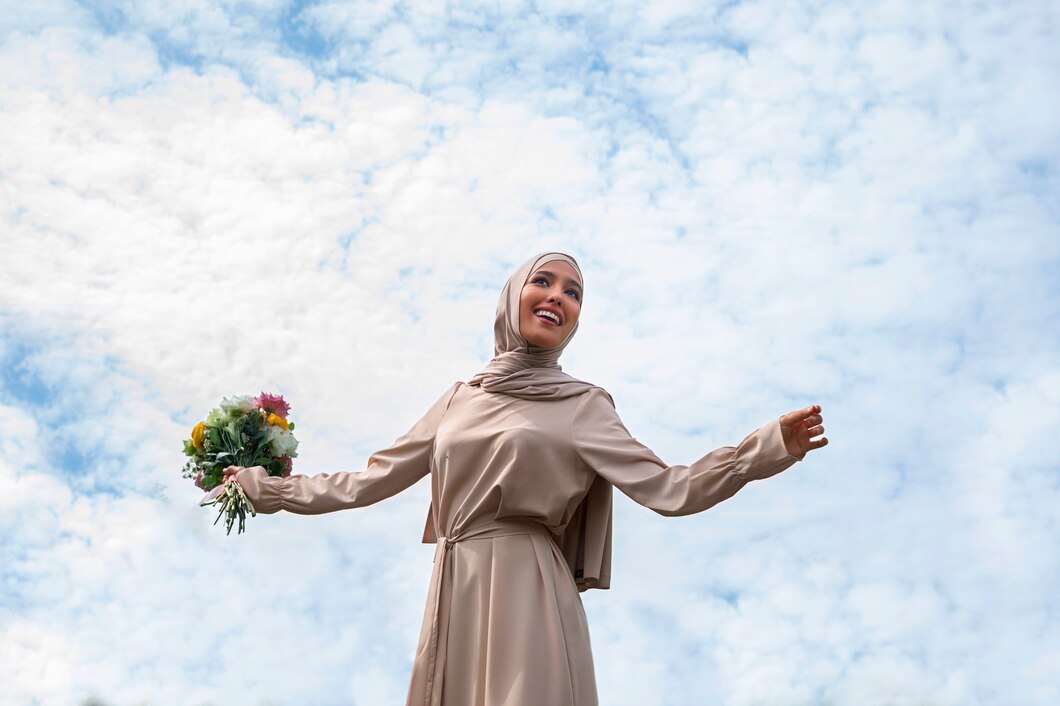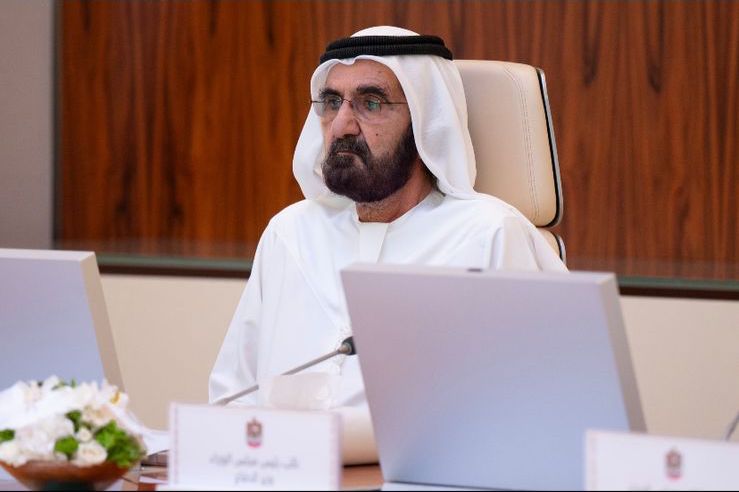During a landmark diplomatic moment in the Middle East, US President Donald Trump’s state visit to the United Arab Emirates featured an exclusive interview hosted by Fox News’ Bret Baier. The sit-down conversation with His Highness Sheikh Abdullah Bin Zayed Al Nahyan, the UAE Deputy Prime Minister and Minister of Foreign Affairs, delved into pressing geopolitical matters. The interview focused on the evolution of UAE-US relations, challenges in the wider Middle East, and critical insights into issues such as Iran’s nuclear ambitions, the aftermath of the Gaza crisis, regional stability, and the ongoing impact of the Abraham Accords. With the President’s visit marking a pivotal juncture in regional diplomacy, the discussion captured a timely exchange of ideas and strategic foresight.
Strengthening the UAE-US Strategic Relationship
Fox News anchor Bret Baier welcomed Sheikh Abdullah back to “Special Report,” noting the significance of President Trump’s visit to the UAE. Sheikh Abdullah highlighted that this was a historic day for both countries. He emphasized the depth of the bilateral relationship, crediting the United States, particularly under President Trump, for supporting and enhancing strategic cooperation.
He acknowledged that the values shared by the UAE and the United States were foundational to this partnership. Among these values, freedom of religion and family-centered societal structures stood out. The UAE prides itself on inclusivity, offering citizens and residents the ability to practice their faith freely—be it in churches, mosques, synagogues, or temples.
Sheikh Abdullah reiterated that both countries’ societies embrace tolerance and openness, setting a model for peaceful coexistence. He underlined that the two nations are culturally aligned in many ways, especially in the importance placed on familial and communal values.
Expanding Economic Cooperation and Investment
Baier shifted the focus to the financial dimensions of the President’s visit. Notably, the UAE had pledged over $1.4 trillion in investments over the next decade, signifying an immense boost to US-UAE economic relations. Sheikh Abdullah praised the United States for its open-for-business approach, which had enabled the UAE to expand its investments in the country.
He noted that the UAE’s long-standing investment history in the United States had evolved from traditional sectors to newer and more substantial ventures, built on mutual trust and shared prosperity. President Trump, he added, had played an instrumental role in deepening this trust and creating a favorable climate for these economic commitments.
This kind of bilateral economic strategy, Sheikh Abdullah stressed, would help build resilience not only between the two countries but also create a model of cross-continental partnership that could inspire similar initiatives across the globe.
Addressing Regional Tensions and the Iran Question
When asked about Iran and escalating tensions in the region, Baier played a clip of President Trump’s comment on Iran’s nuclear program, in which he warned of severe consequences should Tehran pursue nuclear weaponry. Sheikh Abdullah responded by highlighting a regional model that offers a peaceful path forward.
He pointed to the UAE’s own nuclear cooperation deal with the United States, known as the 123 Agreement or the “Gold Standard.” This civilian nuclear agreement, built on transparency and mutual respect, exemplifies a responsible and internationally accepted pathway for nuclear energy development. Sheikh Abdullah emphasized the success of the UAE’s Barakah Nuclear Power Plant project, which was completed on time and within budget—an uncommon feat for such complex infrastructure.
He urged others in the region, including Iran, to adopt this model, which could promote peace, prevent proliferation, and foster technological advancement without compromising international security norms. According to Sheikh Abdullah, it all boils down to trust and transparency—two values critical to resolving nuclear tensions in the region.
Tackling Regional Threats and the Role of Proxies
Baier pressed on the subject of Iranian proxies operating across the region, including the Houthis and Hamas. Sheikh Abdullah firmly stated that all countries must respect international law. He expressed hope that Iran would see President Trump’s approach as an opportunity—an open hand rather than a clenched fist—and respond with reforms that benefit the Iranian people.
He reiterated that the primary focus must always remain on regional stability. Actions by state and non-state actors that destabilize nations through proxy warfare must be met with a collective international response that prioritizes peace and long-term diplomacy.
Humanitarian Crisis and Reconstruction in Gaza
The topic then shifted to Gaza and the humanitarian disaster unfolding due to the prolonged conflict. Sheikh Abdullah noted the UAE’s significant role in humanitarian assistance, providing over 42 percent of global aid to Gaza over the past two years.
He asserted that the Abraham Accords—a landmark diplomatic agreement initiated by President Trump—had enabled the UAE to efficiently channel aid into Gaza by fostering better cooperation with Israel. He credited the trilateral framework involving the UAE, Israel, and the United States with creating a functional environment for humanitarian work even during times of conflict.
Sheikh Abdullah emphasized that calm must return to Gaza
The UAE stands ready to contribute ideas and resources to support a peaceful transition in Gaza. However, the involvement of credible international partners will be essential to shape a stable political and humanitarian environment.
Navigating the Palestinian Question and the Future of Authority in Gaza Baier asked about the UAE’s recent interactions with the Palestinian Authority. Sheikh Abdullah shared that the leadership of the Palestinian Authority appeared eager to find a resolution to the war. They are disheartened by the ongoing suffering and want to see an end to the crisis.
However, he also noted that it remains uncertain whether the Palestinian Authority will assume control of Gaza in the future. This decision would ultimately be shaped by how key international stakeholders—including the United States and Israel—choose to support such a development.
Sheikh Abdullah maintained that long-term governance in Gaza should be determined by the Palestinian people themselves. The UAE, for its part, remains open to supporting efforts that contribute to a sustainable and peaceful future for Palestinians.
Syria’s Reintegration and the Cautious Path Forward
Addressing Syria, Baier asked about the Trump administration’s recent lifting of sanctions and whether Syrian President Bashar Al-Assad could be trusted. Sheikh Abdullah cautioned that it was too soon to speak of trust but acknowledged that Syria had been making positive statements.
He emphasized that while the rhetoric was encouraging, Syria currently lacks the capacity to deliver on its promises. The hope is that lifting sanctions will provide Syria with the tools it needs to begin meaningful reforms. Nonetheless, Sheikh Abdullah warned that trust must be earned through verifiable actions, echoing President Reagan’s famous words: “Trust, but verify.”
UAE’s Potential Role in Regional Rebuilding
The conversation turned to the post-conflict future of Gaza, Syria, and Lebanon. Baier asked whether the UAE would participate in regional rebuilding efforts. Sheikh Abdullah responded that the region was moving away from the practice of “easy money” handouts.
He emphasized that rebuilding should be conditioned on the presence of the right governance structures and multilateral cooperation. The UAE is ready to participate, but only under conditions that ensure sustainability, transparency, and long-term benefit for local populations.
He underlined the importance of coordination among regional and international powers to ensure reconstruction does not replicate past failures. Rebuilding must be holistic, addressing political, economic, and social dimensions.
Looking Ahead: A Vision for the Future
As the interview neared its conclusion, Baier invited Sheikh Abdullah to reflect on the region’s future, particularly the UAE’s trajectory in the next two to ten years. Sheikh Abdullah painted a hopeful picture, highlighting the UAE’s remarkable transformation in just five decades.
He shared a personal anecdote about the UAE’s first hospital, built by an American missionary only 65 years ago. Fast forward to today, and over one million Americans visit the UAE annually—a testament to the country’s safety, prosperity, and global appeal.
With optimism, Sheikh Abdullah stressed that he would not be in public service if he were not hopeful about the future. The UAE continues to push forward with a progressive agenda grounded in economic diversification, diplomatic openness, and cultural inclusion.
Bret Baier expressed his gratitude for the interview, closing a dialogue that offered rare clarity into the strategic thinking of one of the Middle East’s most forward-looking nations.








